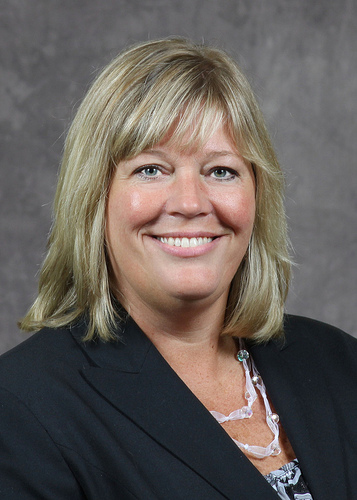 Guest Contributor: Cheryl Nash, President, Investment Services, Fiserv
Guest Contributor: Cheryl Nash, President, Investment Services, Fiserv
2012 was a turnaround year for the wealth management industry. Coming out of the prior crisis, last year was a period of regaining control for advisory firms — revisiting practices, revamping processes, implementing new technology and restoring investors’ faith— to regain growth and better serve clients.
Firms adjusted service models to efficiently facilitate greater collaboration between the advisor and client, allowing greater insight into each household’s complete financial picture. Across the industry, advisory firms implemented technology tools to efficiently serve the retail investor with managed account programs, financial plans, retirement income analysis and aggregated account data — all so that their advisors could meet the rapidly changing demands of investors, regardless of portfolio size.
Still recovering from the Great Recession, and with a sluggish economic recovery underway, retirement planning was top-of-mind for most baby boomers, many of whom had either lost significant value in their retirement accounts or did not have large enough cushions to withstand the market turmoil pre-2012. Advisors and wealth managers shifted into high gear in 2012 to provide robust and holistic financial analysis, as well as improved high-touch service to help investors get their financial houses back in order.
With 2012 behind us, wealth management firms are already challenging themselves to look into 2013 to further advance their service and product offerings. Providing goals-based advice, aggregated household financial information and efficient managed account programs will remain key goals for all firms. To that end, advisors and wealth managers must begin to update the way in which those services are delivered.
Aging baby boomers continue to prefer conventional service models, such as face-to-face meetings and printed financial documents, but the next generation of wealth has different preferences. These younger, tech-savvy investors prefer low-touch, digital receipt of financial information, along with the ability to take investment action online or through their mobile devices. While investors, both aging and young, will continue to need professional advice to achieve their financial goals, the delivery of that advice or investment information must better match each investor’s individual preferences.
This makes sense. Generation Y investors tend to text instead of call, browse instead of read and are completely confident to make their own decisions after having analyzed relevant information. As a generation, their collective need for high-touch reassurance in financial planning just simply isn’t there. These investors are comfortable with information obtained from reliable online sources and are adept at knowing how to find those.
It’s true that baby boomers, who favor traditional means of financial advice, still represent the majority of revenue for wealth managers. However, forward-looking firms need to be prepared to serve the next generation. The advisor of the future should position his or her practice to replace the decumulation of assets under their management with the accumulation of younger investors’ savings.
Already, we’ve seen advisors transitioning from delivering the more traditional, tangible aspects of wealth management advice to implement a service model that features the less tangible, online and mobile tools preferred by younger investors. Mobile applications for advisors, online analysis tools, personal financial management (PFM) widgets and online document vaults that process in real-time will all be found in the financial advice toolbox of the future. Advisors and firms that embrace new mobile capabilities can expect to fundamentally transform their client relationships and steadily increase their assets under management.
While it will take time for the average younger investor to accumulate large portfolios of wealth, and therefore generate meaningful revenue for the firms that serve them, developing the right strategies and service models for these investors today is a wise approach. Investing now to provide the mobile financial planning tools for the next generation of investors will pay dividends in years to come. Advisors who quickly implement personalized, tech-savvy and unified advice models are well positioned for sustained revenue growth and successful client relationships in 2013 and beyond.
Fiserv will be exhibiting at FTF’s ReCon London on 09 May 2013. Attend and hear how user firms are managing their need for reconciliation and exception management solutions and services for multiple instruments and many lines of business.
Need a Reprint?
Leave a Reply